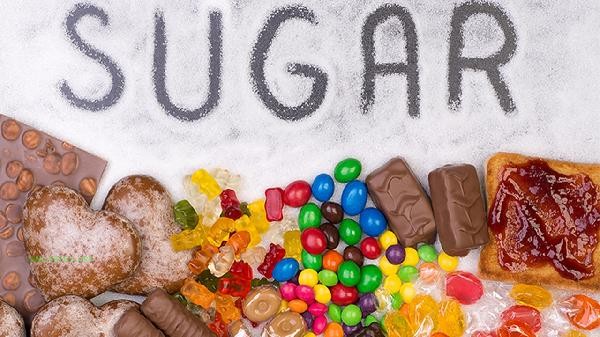Moderate consumption of pure dark chocolate during weight loss usually does not lead to weight gain, the key is to choose the type and control the intake. The core factors that affect weight include chocolate type, cocoa content, added sugar, daily total calorie intake, and individual metabolic differences.

1. Chocolate type:
Pure dark chocolate has a cocoa content of over 70% and a low sugar content. Moderate intake will not significantly affect weight loss. Milk chocolate and white chocolate have significantly increased calorie density due to the addition of a large amount of sugar and milk fat. They may contain 500-550 calories per 100 grams, and frequent consumption can lead to calorie surplus. It is recommended to prioritize non alkaline cocoa butter products to avoid the negative impact of trans fatty acids on metabolism. 2. Cocoa content: Chocolate with a cocoa content of over 85% is rich in polyphenols, which can promote fat oxidation and improve insulin sensitivity. Research has shown that daily intake of 20-30 grams of 85% dark chocolate can increase basal metabolic rate by about 5%, but when it exceeds 50 grams, its caffeine and oxalic acid may interfere with mineral absorption. Low cocoa products with a glycemic index of less than 50% may stimulate appetite.
3. Sugar control:
Common chocolate on the market can contain 40-60 grams of sugar per 100 grams, far exceeding the WHO recommended daily limit of 25 grams of added sugar. Choosing products that use sugar substitutes such as erythritol and stevia can reduce calorie intake by 60%. Note that sugar substitutes may alter gut microbiota, and it is recommended to consume no more than 30 grams of sugar substitute chocolate per day.
4. Calorie Budget:

When incorporating chocolate into a daily weight loss diet plan of 1500-1800 calories, it is recommended to limit the intake to around 15-20 grams of dark chocolate within the range of 100-150 calories. Eating within 30 minutes after exercise can prioritize replenishing muscle glycogen and avoiding fat accumulation. It is necessary to simultaneously reduce the intake of staple foods or fats to maintain a calorie deficit.
5. Individual differences:
Insulin resistant individuals are more sensitive to the sugar in chocolate, which may cause blood sugar fluctuations and a tendency towards overeating. This group of people is recommended to choose 100% sugar free chocolate and pair it with nuts for consumption. Normal metabolizers can tolerate 30 grams of 70% dark chocolate per day without affecting their weight loss progress. The key to consuming chocolate during weight loss is scientific selection and strict quantity control. It is recommended to include high cocoa dark chocolate as a morning or post workout snack and avoid consuming it at night. Paired with 15 minutes of resistance training, it can enhance the fat mobilization effect of polyphenols in chocolate. At the same time, weight changes should be monitored, and if there is an increase for two consecutive weeks, the intake should be adjusted immediately. Note that chocolate cannot replace the nutrition of regular meals. It is necessary to ensure a daily protein intake of 1.2-1.5 grams per kilogram of body weight to maintain muscle mass and achieve healthy weight loss.





Comments (0)
Leave a Comment
No comments yet
Be the first to share your thoughts!